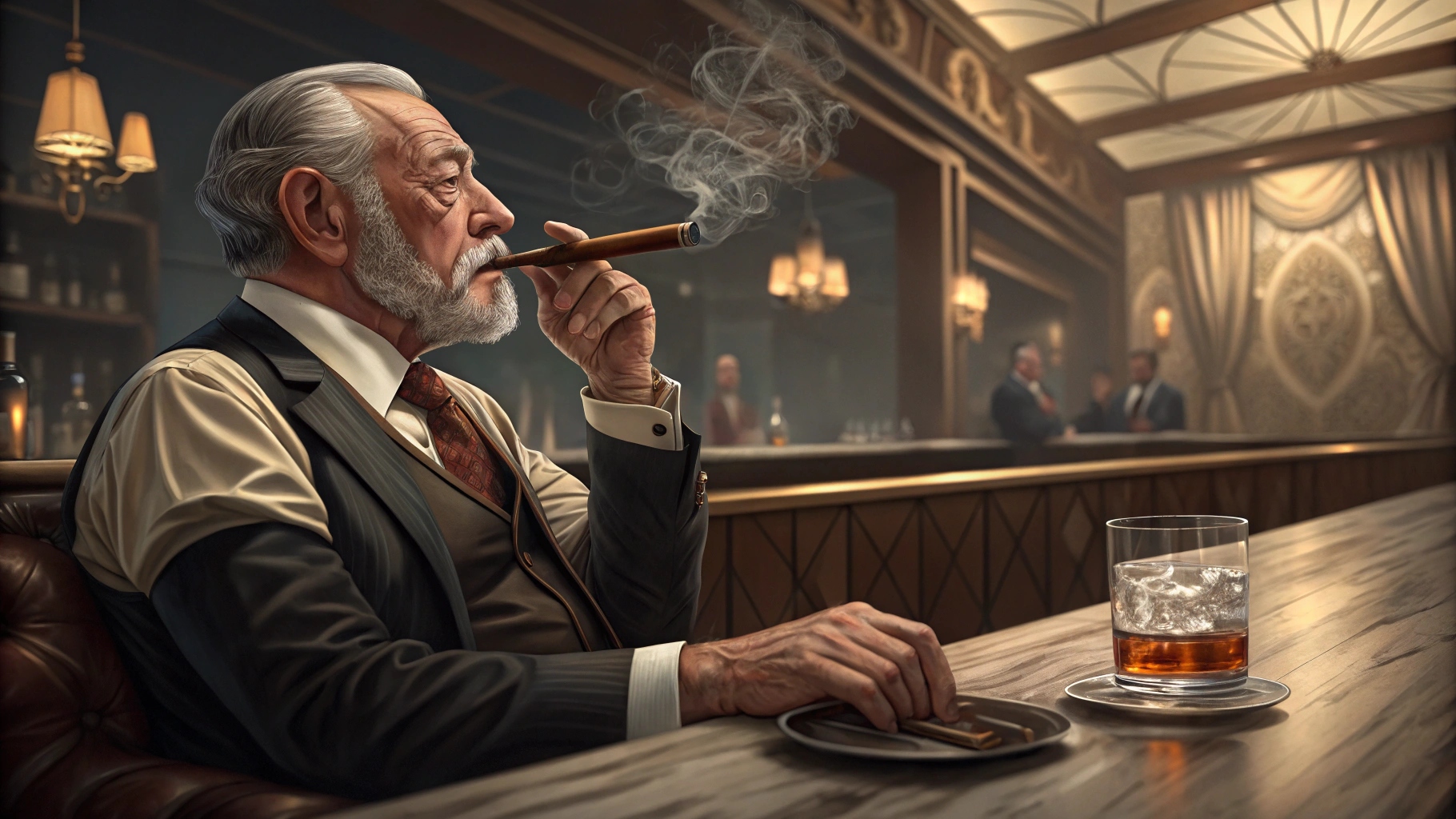Cigar smoking is more than a pastime—it’s a ritual steeped in history, symbolism, and sensory enjoyment. From ancient tribal ceremonies to the smoke-filled lounges of modern cigar aficionados, the tradition of smoking cigars has evolved into a global culture. But where did it begin, and how did cigars come to represent luxury, celebration, and camaraderie?
Here’s a deep dive into the fascinating history and cultural impact of cigar smoking.
Origins: The Birthplace of the Cigar
The story of cigars begins in the New World, long before Columbus set sail. Indigenous peoples of the Caribbean, Central America, and parts of South America were already cultivating and smoking tobacco by the time European explorers arrived.
Early Use
- The Taíno people, native to the Caribbean, smoked tobacco rolled in palm or maize leaves—early versions of the modern cigar.
- Smoking was often ritualistic, used in spiritual or religious ceremonies to communicate with gods or ancestors.
When Christopher Columbus and his crew landed in Cuba in 1492, they witnessed this practice firsthand. Tobacco, along with gold and spices, was one of the most significant exports brought back to Europe.
Spread Across the Globe: Tobacco Takes Root
Once introduced to Europe, tobacco quickly gained popularity for its perceived medicinal qualities and its novelty. By the 16th century, tobacco cultivation had spread to Spain and Portugal, and eventually to the rest of Europe and Asia.
The Rise of the Cigar
- Spain began rolling cigars in the 1700s, particularly in the region of Seville.
- Cigars became a status symbol among the European elite.
- By the late 1700s, Cuba—with its ideal climate and soil—emerged as the world’s premier cigar-producing region.
Cultural Significance Through the Ages
19th Century: The Gentleman’s Smoke
During the 1800s, cigar smoking became synonymous with sophistication and masculinity. It was common in parlors, smoking rooms, and social clubs—spaces that often excluded women and served as private venues for business and politics.
- Winston Churchill, a lifelong cigar smoker, made cigars a symbol of leadership and resilience.
- Mark Twain, Ulysses S. Grant, and other historical figures added to the image of the cigar-smoking intellectual or commander.
Cigars in the New World
In the United States, cigar smoking exploded in popularity during the late 19th and early 20th centuries. Immigrants brought cigar-rolling expertise to American cities, especially in places like Tampa (Ybor City), which became cigar manufacturing hubs.
Symbolism and Social Rituals
Cigars have long represented more than just tobacco:
- Celebration: Lighting a cigar is often a way to mark milestones—weddings, births, promotions, or retirement.
- Ritual: The act of selecting, cutting, lighting, and slowly smoking a cigar fosters mindfulness and appreciation.
- Camaraderie: Cigar lounges and herf gatherings (cigar meetups) create space for conversation and connection, often across social boundaries.
Modern Cigar Culture
Today, cigar smoking is enjoying a renaissance. While not as mainstream as in the past, it has carved out a loyal and growing global following.
Trends and Developments:
- Craftsmanship focus: A shift toward small-batch, boutique cigars with traceable origins and unique blends.
- Premium lounges: Upscale cigar lounges offer curated experiences, often paired with whiskey, rum, or coffee.
- Diversity: The community has become more inclusive, with women and younger smokers joining the culture.
- Cigar tourism: Destinations like Cuba, the Dominican Republic, and Nicaragua attract travelers interested in cigar factory tours and tastings.
Cigars as Cultural Icons
Cigars have also made their mark in pop culture:
- Cinema: From Tony Montana in Scarface to Clint Eastwood’s Man with No Name, cigars are often tied to bold, rebellious characters.
- Business and Politics: Cigar smoke has long wafted through boardrooms and backroom deals, symbolizing power and confidence.
- Art and Literature: Writers, poets, and painters have celebrated cigars as muses and metaphors.
More Than Just Smoke
The history of cigar smoking is intertwined with exploration, trade, politics, and personal rituals. It’s a story that spans continents and centuries, rooted in tradition and ever-evolving. Whether you enjoy cigars for the taste, the tradition, or the social aspect, you’re participating in a global heritage—a connection to history, culture, and craftsmanship.
In the words of Sigmund Freud, a devoted cigar smoker himself:
“Sometimes a cigar is just a cigar.”
But more often, it’s so much more.
